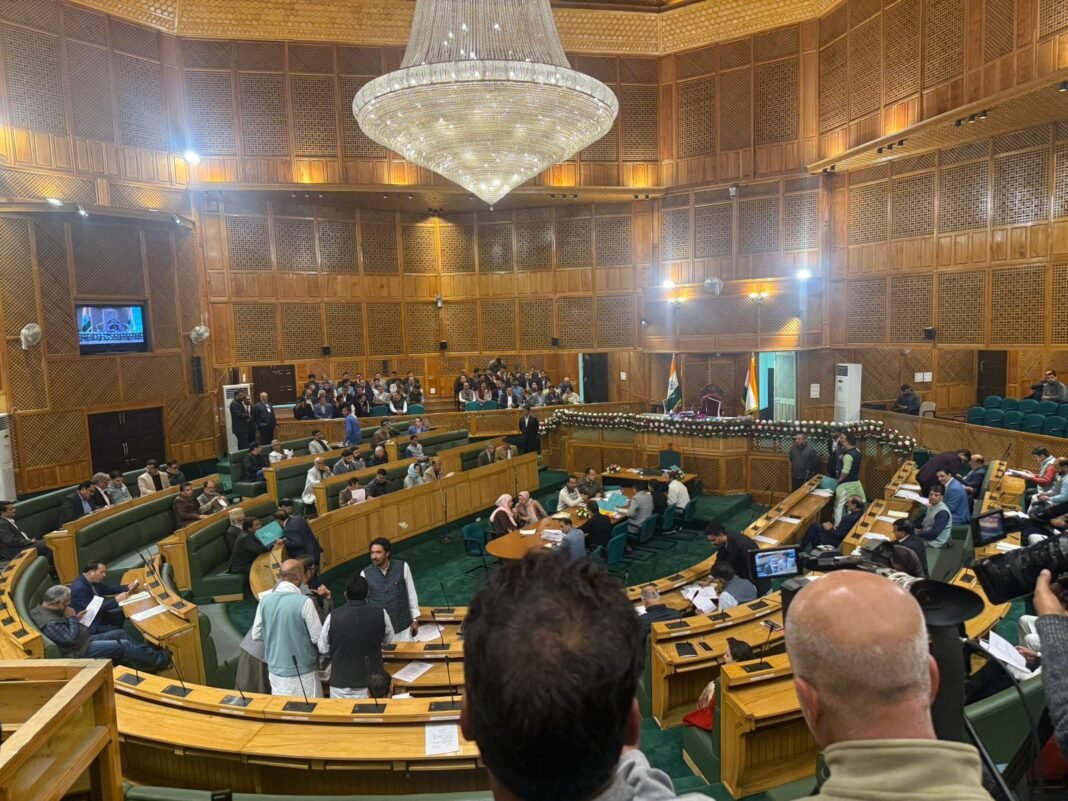Every year, Vigilance Awareness Week or Anti-Corruption Week is observed across the country with much formality. Departments hold oath-taking ceremonies, speeches are delivered, and officials promise honesty and integrity in their work. Lengthy lectures are given on ethics, accountability, and transparency. Yet, despite all these rituals, corruption continues to thrive — in fact, it is increasing rather than decreasing. This contradiction lies at the heart of our administrative and moral decay.
It is not that India lacks laws or institutions to curb corruption. In fact, we have some of the most stringent anti-corruption laws, vigilance commissions, and accountability systems in place. But what is missing is sincerity — the will to act honestly. The irony is that the very institutions entrusted with fighting corruption often find their own officers and employees involved in corrupt practices. Investigations are launched, arrests are made, departmental inquiries are ordered — but soon, these cases fade into silence. Many of the same individuals eventually return to their posts as if nothing ever happened.
This is because our anti-corruption pledges are often limited to words and public display. True integrity cannot be declared — it must be lived. Until a person makes a sincere pledge to his own conscience and to the Almighty who witnesses every act, no real change can occur. Without inner fear of accountability, no external law or campaign can eliminate corruption.
If we truly want to root out corruption, we must begin by changing the mindset. Workshops and awareness programs are useful, but they should go beyond rules and penalties. They should focus on ethics, spirituality, and moral introspection — to awaken the sleeping conscience of every employee. Every worker must be reminded that their job is not just an occupation but a responsibility toward society and a trust before God. When people begin to view their duty as a sacred trust rather than a mere source of income, the culture of bribery and favoritism will automatically decline.
Corruption flourishes not because of weak laws but because of weak morals. Until honesty becomes a matter of pride and corruption becomes a source of shame, no campaign will succeed. The real battle against corruption must be fought within the hearts of individuals, not just within the walls of offices.
Every department, every official, and every citizen must ask themselves a simple question: Am I fulfilling my duty with integrity? If the answer is no, then all the oaths, ceremonies, and speeches are meaningless.
A corruption-free society cannot be built with paperwork and slogans — it requires inner reform and moral awakening. If we want to see Jammu and Kashmir and our nation truly progress, we must first cleanse our own hearts. The fight against corruption will only be won when conscience, not compulsion, becomes the guiding force of our actions.DD




